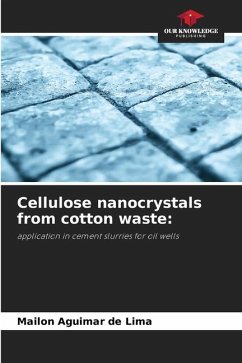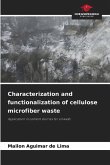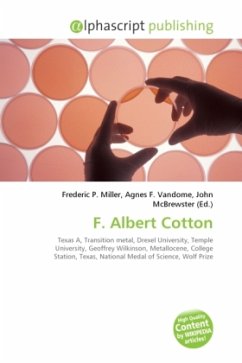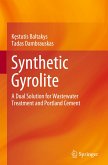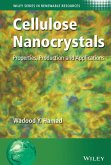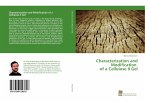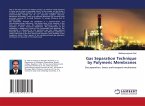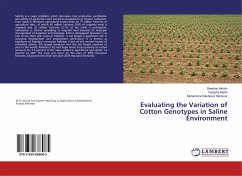In this study, cellulose nanocrystals (NCC) were obtained from cotton cellulose waste. The influence of their addition in different concentrations on the compressive strength, porosity and permeability of Portland Casse G cement pastes was then assessed. The NCC was obtained from cotton fiber waste from the sanding process through acid hydrolysis (H2SO4 65% m/m). Concentrations of 0 to 0.3% NCC were evaluated. The mechanical tests showed a rapid gain in compressive strength (after 24 hours of curing), with a gain of over 40%. The porosity and permeability tests show a reduction of approximately 27% in the porosity and 25% in the permeability of the pastes after adding any concentration of NCC. The results indicate that there is great potential in the use of NCC to improve mechanical strength, reduce porosity and permeability, thus enabling more effective sealing of the annular space, preventing gas migration through the cement sheath and, consequently, improving well integrity.

